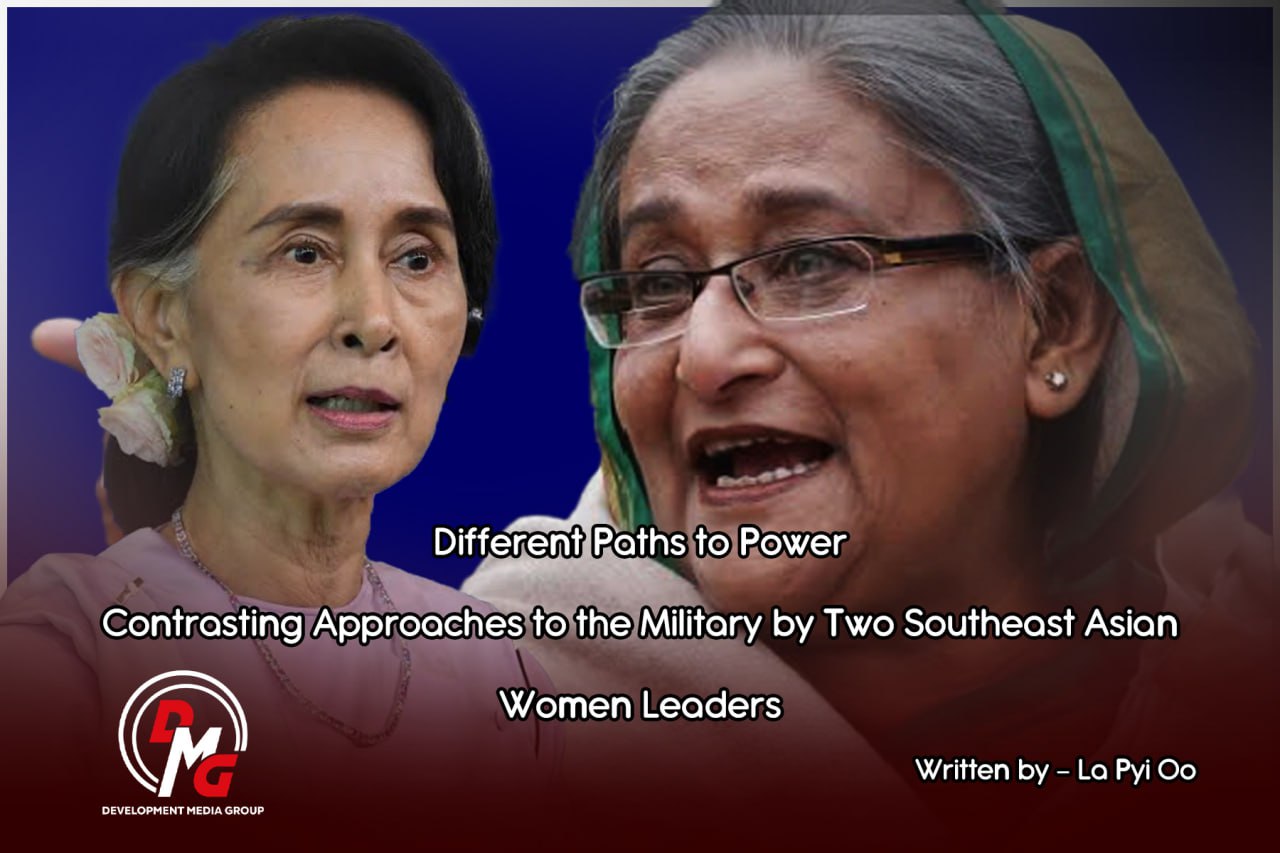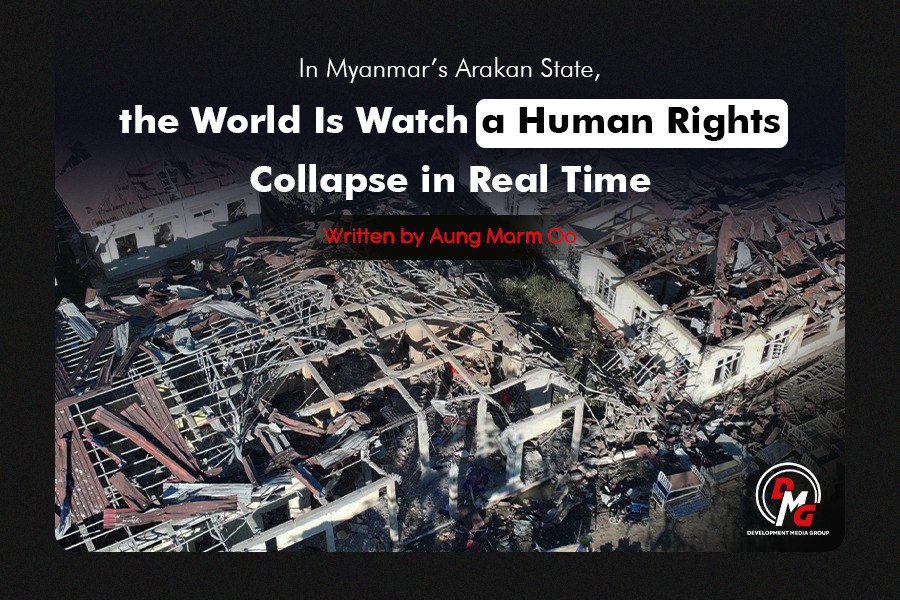At Kyaukphyu SEZ and beyond, local voices must be heeded
“Arakanese people want the Union government to give consideration to their voices before deciding to sign agreements for Chinese projects.”
07 Feb 2020
“Arakanese people want the Union government to give consideration to their voices before deciding to sign agreements for Chinese projects.”
Chinese President Xi Jinping visited Myanmar last month. During his two-day visit, China and Myanmar signed 33 MoUs (Memoranda of Understanding) including concession and shareholders’ agreements pertaining to the Kyaukphyu Special Economic Zone and deep-sea port project, as well as an MoU on accelerating negotiations for the Framework Agreement on the China-Myanmar Ruli-Muse Cross Border Economic Cooperation Zone.
Amid all the wheeling and dealing related to the talks in January, residents of Kyaukphyu Township have said that the government and companies involved did not share sufficient information about the projects. They furthermore contend that the negotiating parties failed to secure on paper the assured creation of job opportunities for those most directly affected by this impending, seismic change to the lives of thousands of people in the project area. Civil society organisations also note that project-related social and environmental impact assessments, which by law must be undertaken in the affected region, have not yet been completed.
A few days before Xi arrived in Myanmar, many Arakanese people had raised concerns about prematurely signing agreements for projects to be implemented in Kyaukphyu. Thus, CSOs demanded to officially recognize freehold land in Kyaukphyu before moving forward with the projects at Kyaukphyu. Additionally, they emphasized the importance of creating substitutional business and job opportunities to cover the losses that residents are expected to incur as a result of the agreement.
It appears that these projects are happening, regardless of residents’ objections.
The Kyaukphyu Special Economic Zone arrangement includes a deep-sea port, industrial zone and housing. Among them, the deep-sea port project is to be implemented first, on 607 acres of land. That breaks down to 370 acres on Maday Island and 237 acres on Ramree Island.
Implementation of the project is likely to be followed by land (and water) disputes, in no small part because local residents will lose lands used for cultivation and fishing areas previously relied upon for livelihoods.
The government must heed the loud backlash of residents, especially given that it has not yet been able to satisfactorily tackle land disputes related to twin oil and gas pipelines built across Kyaukphyu and Ann townships in Arakan passing through central part of Myanmar until Kunming, Yunnan province, China. Some of those grievances date all the way back to 2010.
Arakanese people worry that the Special Economic Zone to be developed in Kyaukphyu region, if not carefully calibrated, will bring similar land disputes and environmental degradation, as well as other negative impacts on local livelihoods that are as yet unknown.
Therefore, the government should not neglect the affected residents’ demands and desires vis-a-vis the projects slated for implementation. DMG would like to urge the government to give priority to the best interests of the people. That includes addressing concerns that not enough attention is being paid to potential harm to the surrounding environment and ecosystems as plans — with the stated aim of mutually beneficial development — advance in Kyaukphyu Township and entire Arakan as a whole.




.jpg)















